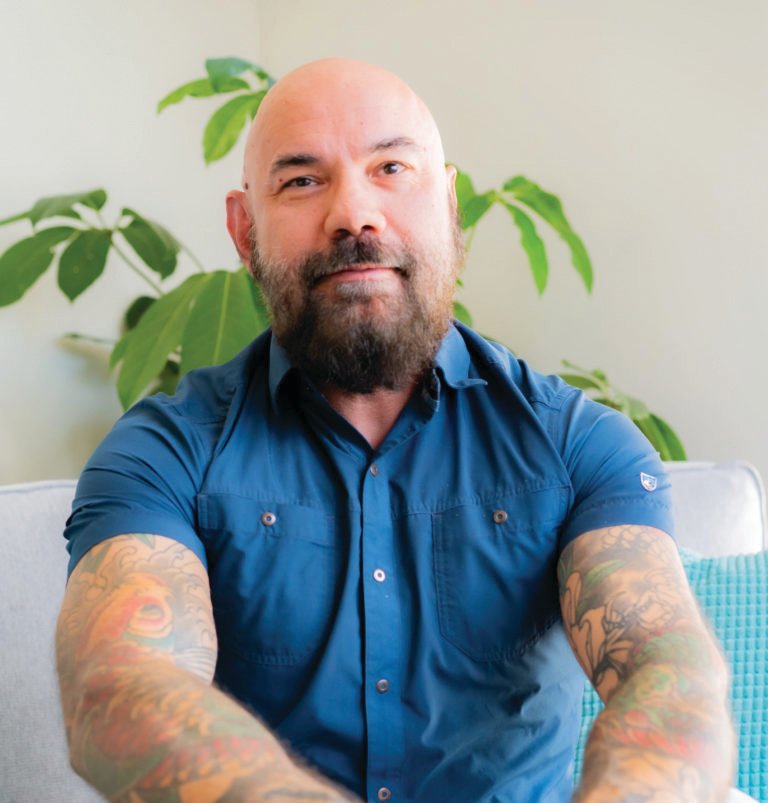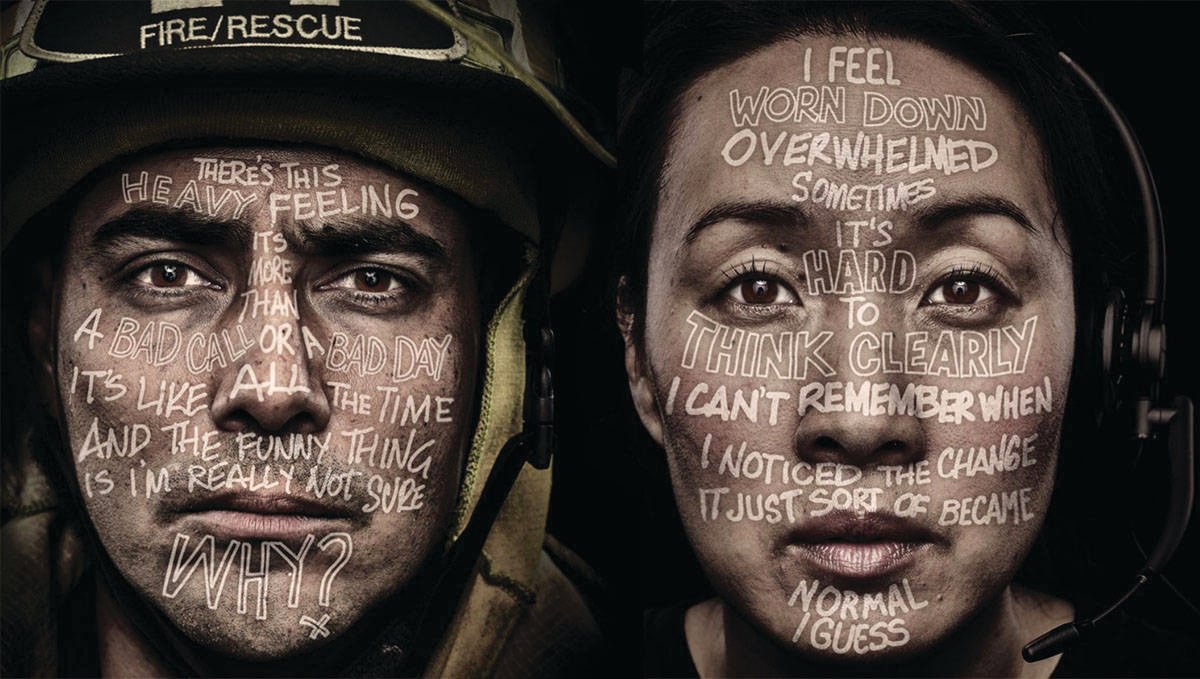Nobody fights alone: Peer support program available to first responders
CLAY COUNTY – The job of a first responder is inherently dangerous. They are often the first to arrive and assist in an emergency, such as an accident, disaster, medical emergency, fire, crime or …
This item is available in full to subscribers.
Attention subscribers
To continue reading, you will need to either log in to your subscriber account, below, or purchase a new subscription.
Please log in to continueDon't have an ID?Print subscribersIf you're a print subscriber, but do not yet have an online account, click here to create one. Non-subscribersClick here to see your options for subscribing. Single day passYou also have the option of purchasing 24 hours of access, for $1.00. Click here to purchase a single day pass. |
Nobody fights alone: Peer support program available to first responders
CLAY COUNTY – The job of a first responder is inherently dangerous. They are often the first to arrive and assist in an emergency, such as an accident, disaster, medical emergency, fire, crime or terrorist attack. They are the core of our communities.
First responders put their lives on the front lines for the sake of their communities, often at risk of their own well-being and personal safety. While most communities are aware of their sacrifices, they endure stresses most people cannot truly understand.
But sometimes, even the heroes need rescuing.
Statistics show nearly 30% of first responders will develop a behavioral health condition, including but not limited to depression and PTSD, during their career. According to the CDC, first responders are more likely to die by suicide than in the line of duty.
“Historically, in the first responder culture, there hasn’t been an understanding of the need for behavioral health services regarding the trauma they witness daily,” said CEO of LSF Health Systems, Dr. Christine Cauffield. “People used to say, you signed up for this; this is part of your job. They told us to move on and go to the next call without any time for debriefing what might be going on with them.”
When trauma is suppressed, individuals often display erratic behaviors. They are easily startled. They might want to isolate themselves from others. They might be moody, depressed, or anxious. They may use unhealthy coping mechanisms such as drugs and alcohol to self-medicate.
Unfortunately, the consequence of mental illness doesn’t stop there.
“I can tell you that a lot of family issues occur when first responders don’t get those necessary resources. There are a lot of divorces and domestic violence in the home. The children feel like they are walking on eggshells,” Cauffield said.
“They feel hopeless. They feel there is no remedy for their pain. They feel isolated and alone, and the repeated traumas certainly add to that feeling of alienation that can really cause a spiral in their behavioral health.”
Clay County joined the Critical Incident Stress Management program for law enforcement and fire/rescue and military members several years ago. The program helps officers find release from internalizing grief, fear, anxiety and stress.
Former deputy Chris Padgett was a member of the agency’s SWAT team when he was forced to shoot a man to death in 2016. Five years later, he said he was still traumatized by the incident. He eventually quit CCSO to become a minister.
He said CISM is one tool to keep first responders from slipping into a world of drug and alcohol abuse.
Statistics show firefighters have higher suicide attempt and ideation rates than the general population. Studies also show between 125 and 300 law enforcement officers commit suicide yearly.
Through his struggles, former Jacksonville Sheriff’s Office and Atlantic Beach Police officer Brannon Hicks wants to help others, including Clay County first responders, facing the same battles he did to help them overcome their pain.
“I am building and leading a program called ‘Here Tomorrow.’ It’s funded my LSF for First Responders and Veterans. We’re peer support, so they go through the same stuff that we went through, which gives us the confidence to relate to them and their experiences and help them through,” he said.
The new First Responder Peer Support Program hopes to bring awareness around mental health and mental illness. The program comprises trained peer specialists like Hicks, current or former first responders or military members. These peer specialists will provide confidential and free support to first responders and their family members.
“We are in recovery and know what moving through that process is like. That way, when people come in, and they are experiencing hopelessness, depression, anxiety, or suicidal thoughts- we’ve been there, and we know what it’s like to come out of it,” he said. “It’s a free program, and it’s confidential. There’s no waitlist, and we have the 211 operators that answer the calls.”
It’s OK not to be OK. It’s OK to ask for help. If you need emergency assistance, call 211 and start your journey toward recovery.










